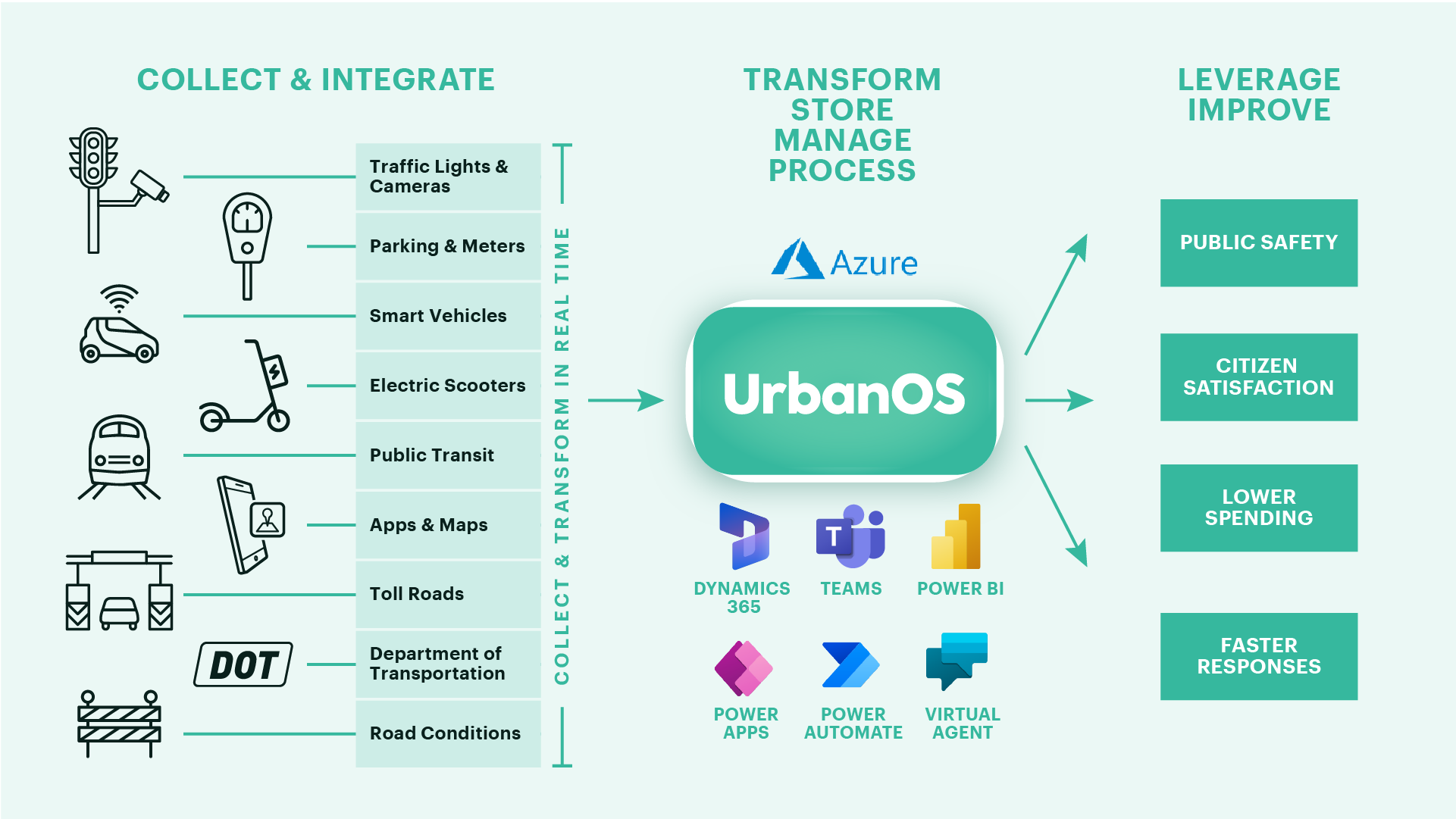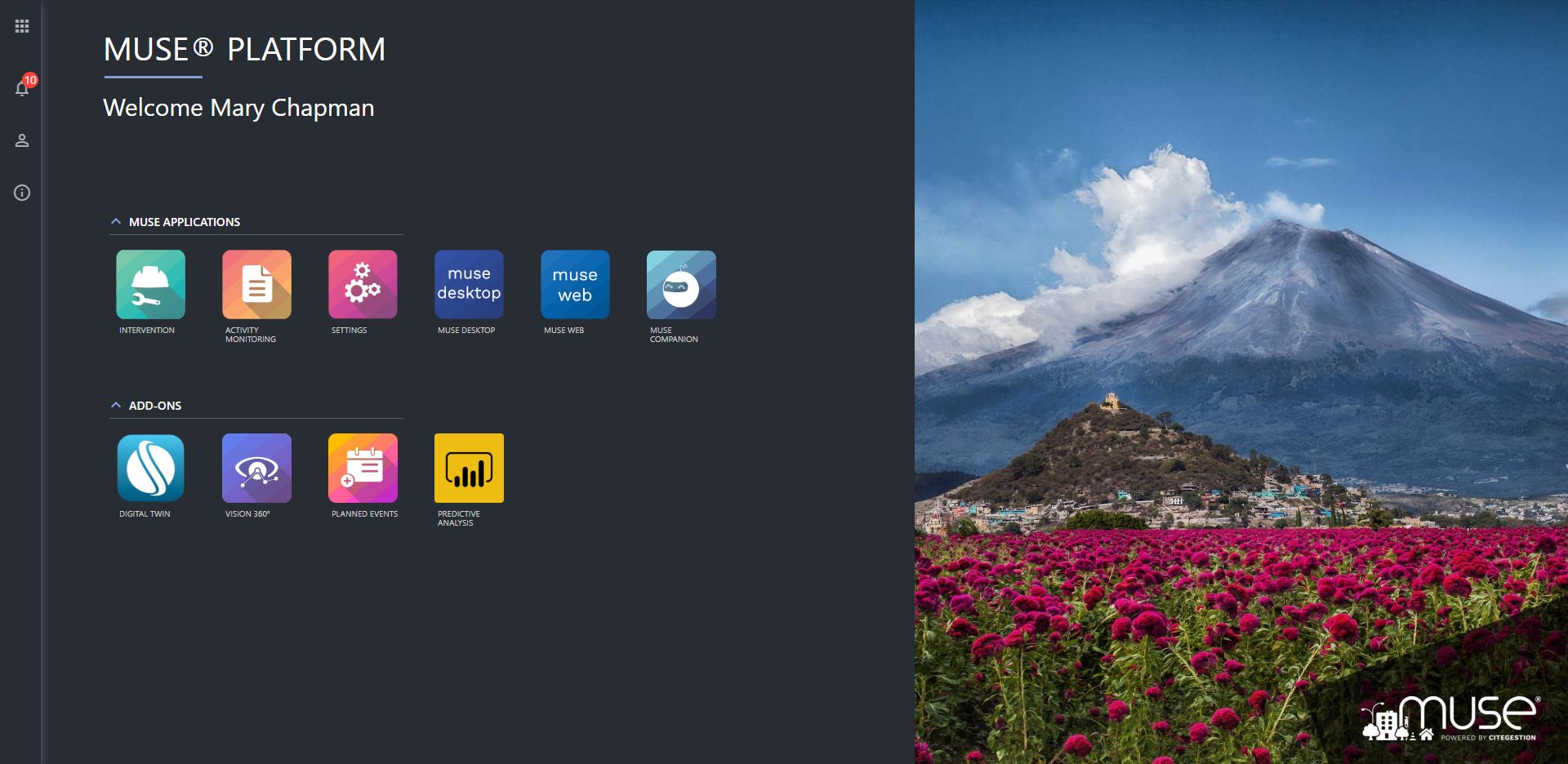Author | Arantxa HerranzE-purchasing, commuting, leisure visits… We keep adding more information to what we know as big data. And when all this information is public, open and accessible by any individuals or entities, it is called open data. In cities, these data offer an opportunity to improve the efficiency, productivity and creativity of the city councils that own these data and the companies and entities that are capable of using them.
Although it began as a gentle tide, the truth is that a growing number of governments, private companies and cities are joining the open data trend. Particularly because the benefits (and the value) of shared data are increasingly clear. Open data programmes and policies can do a great deal to help cities to be more efficient, sustainable, resilient and prosperous, and more receptive to citizens’ requirements and more transparent in their transactions.
From preventing disasters to saving money
But, how can all that data be used to improve cities? There are plenty of success stories and in very different areas.For example, in Nepal, data about schools and health facilities were used to create maps with the areas most affected by natural disasters, which has helped save lives.Another very different case is that of various government agencies in the United Kingdom. All these administrations were spending money on the same things without even knowing it.
By using and cross-referencing these open data they realised where there were duplicities and they were able to prevent these, resulting in the subsequent savings.Meanwhile, the Baltimore Open Air project obtains data about air quality through sensors called WeatherCubes. These data are used to monitor certain climate variables (such as temperature, humidity, the ozone and nitrogen dioxide) to reduce air contamination.
The power of the people
These open data also help improve citizen engagement and a sense of community. Mexico, for example, has the Improve Your School project. Funded by the Mexican Institute for Competitiveness (IMCO), it is a platform offering information about school performance, designed to help parents choose the best option for their children. It also enables them to demand better quality education and offers them tools to get involved in their children’s education. It also provides school administrators, politicians and NGOs with data to identify areas that require improvements.
Uruguay has the A Tu Servicio (At Your Service) initiative, empowering citizens to make data-driven decisions on healthcare. Each February, they can decide whether or not to change their healthcare provider. In the country’s mixed public-private healthcare system, various factors affect the decision-making process: the location of the healthcare provider, the number of doctors and paediatricians available, opening hours, etc.
Standards for municipal open data
This open data trend in cities is so powerful that the World Council on City Data (WCCD) has been created. The aim of all these cities forming part of this organization is to improve the services and quality of life in cities thanks to these data. Barcelona, for example, is one of the cities that, thanks to its open data portal, is considered a Platinum member.There is also an international standard, the ISO 37120, which certifies the sustainable development of cities.This regulation was published in May 2014, and it was the first international standard on city data.
This new international standard was developed using the framework of the Global City Indicators Facility, which has been tested in over 250 cities worldwide. ISO 37120 defines and establishes definitions and methodologies for a set of indicators to steer and measure the performance of city services and quality of life.The standard includes a complete set of 100 indicators, of which 46 are basic, and measure the social, economic and environmental performance of a city. The indicators are classified in 17 subjects about city services and quality of life: economy, education, energy, environment, finances, response to emergencies, government, health, leisure, safety, refugees, waste, telecommunications and innovation, transport, urban design, energy and water efficiency and health.Thanks to public-private collaboration, the management of these open data and the processing thereof, can help city councils to manage and make informed decisions through data analysis, from an objective reference point.
The indicators are classified in 17 subjects about city services and quality of life: economy, education, energy, environment, finances, response to emergencies, government, health, leisure, safety, refugees, waste, telecommunications and innovation, transport, urban design, energy and water efficiency and health.Thanks to public-private collaboration, the management of these open data and the processing thereof, can help city councils to manage and make informed decisions through data analysis, from an objective reference point.
The aim is for municipal governments to have a better return on their investments and for these data to also enable plans and frameworks to be drawn up that foster sustainable urban development.And, of course, for all of this to be assessed again with new data, so the impact of infrastructure projects on the general performance of a city can be analysed.Images | Pexels






















































